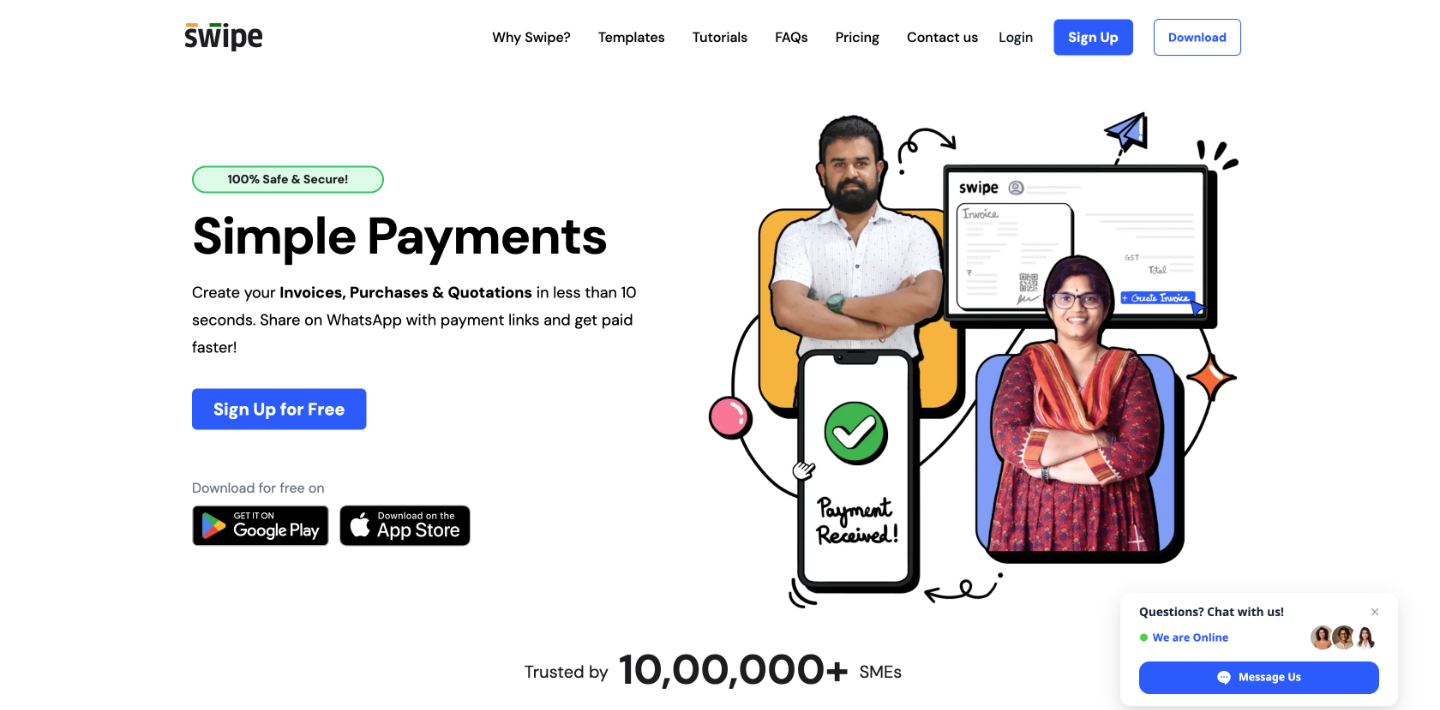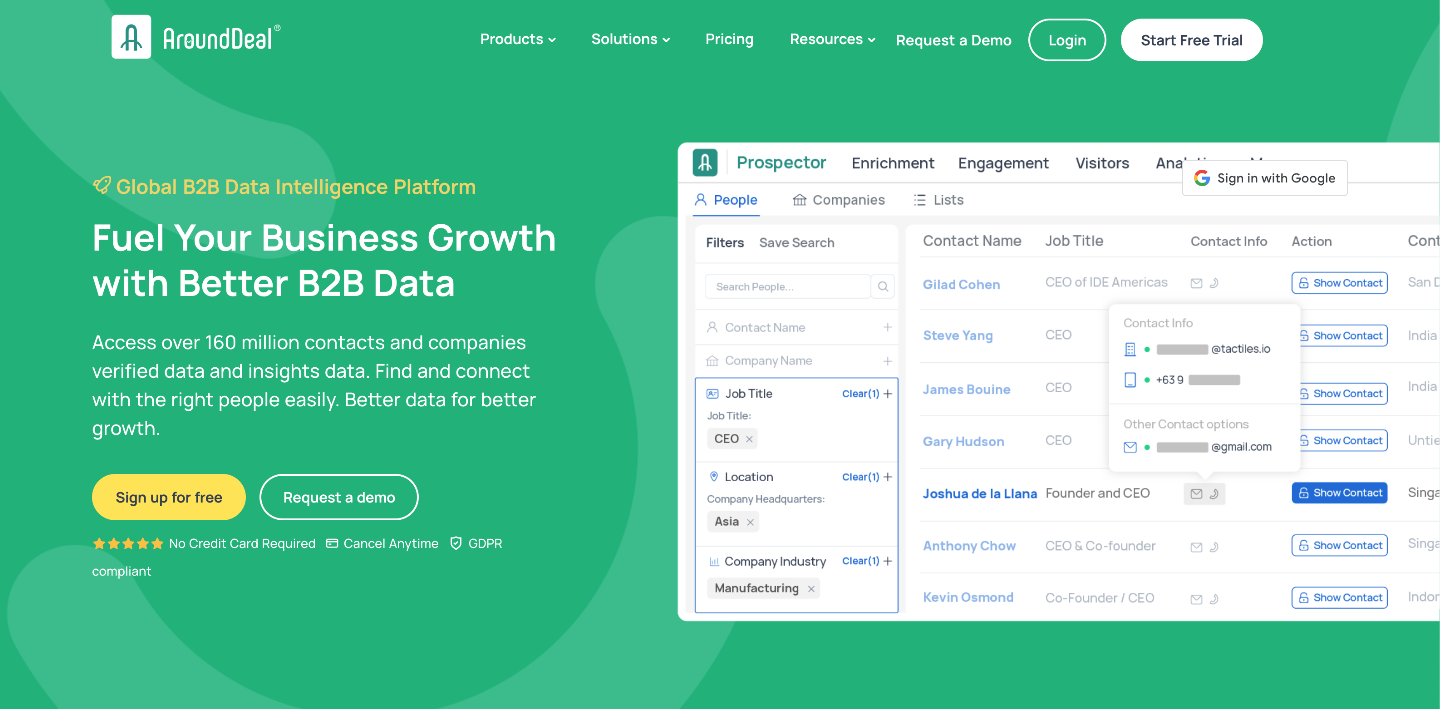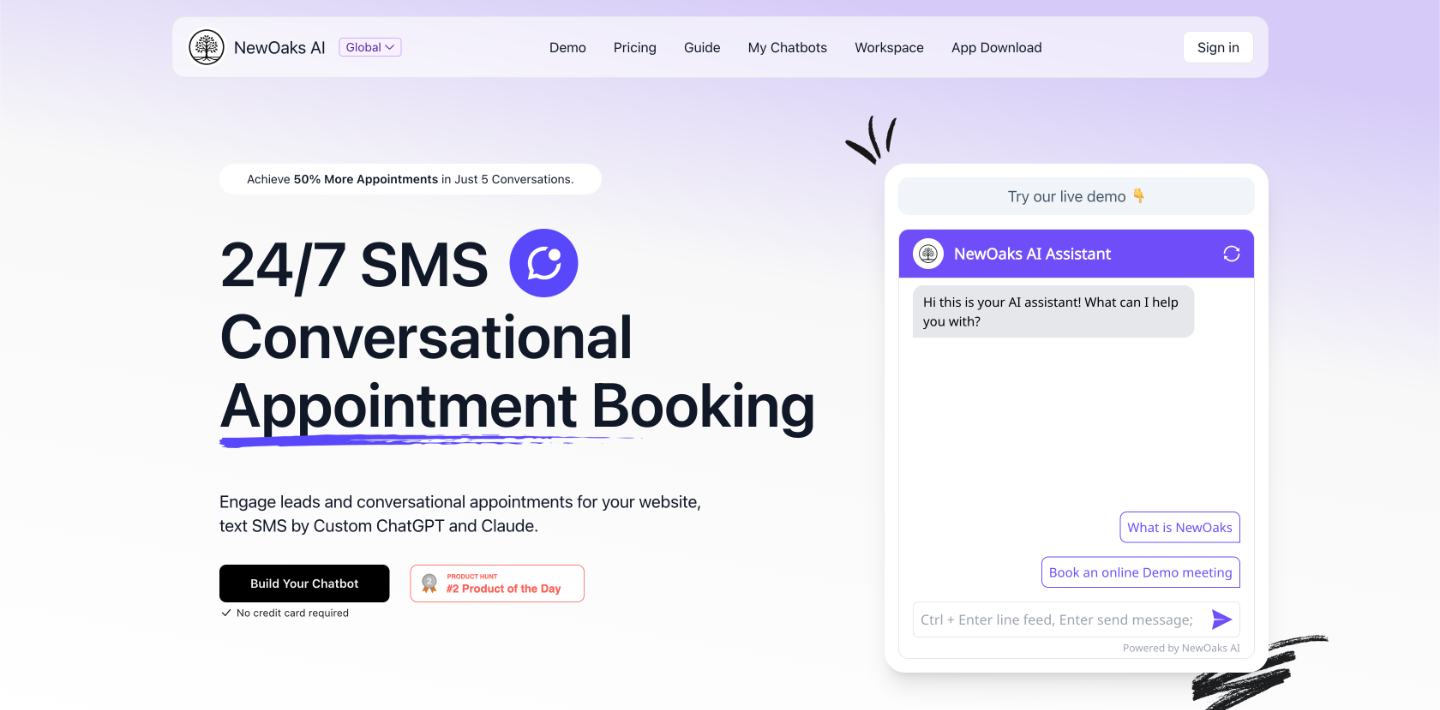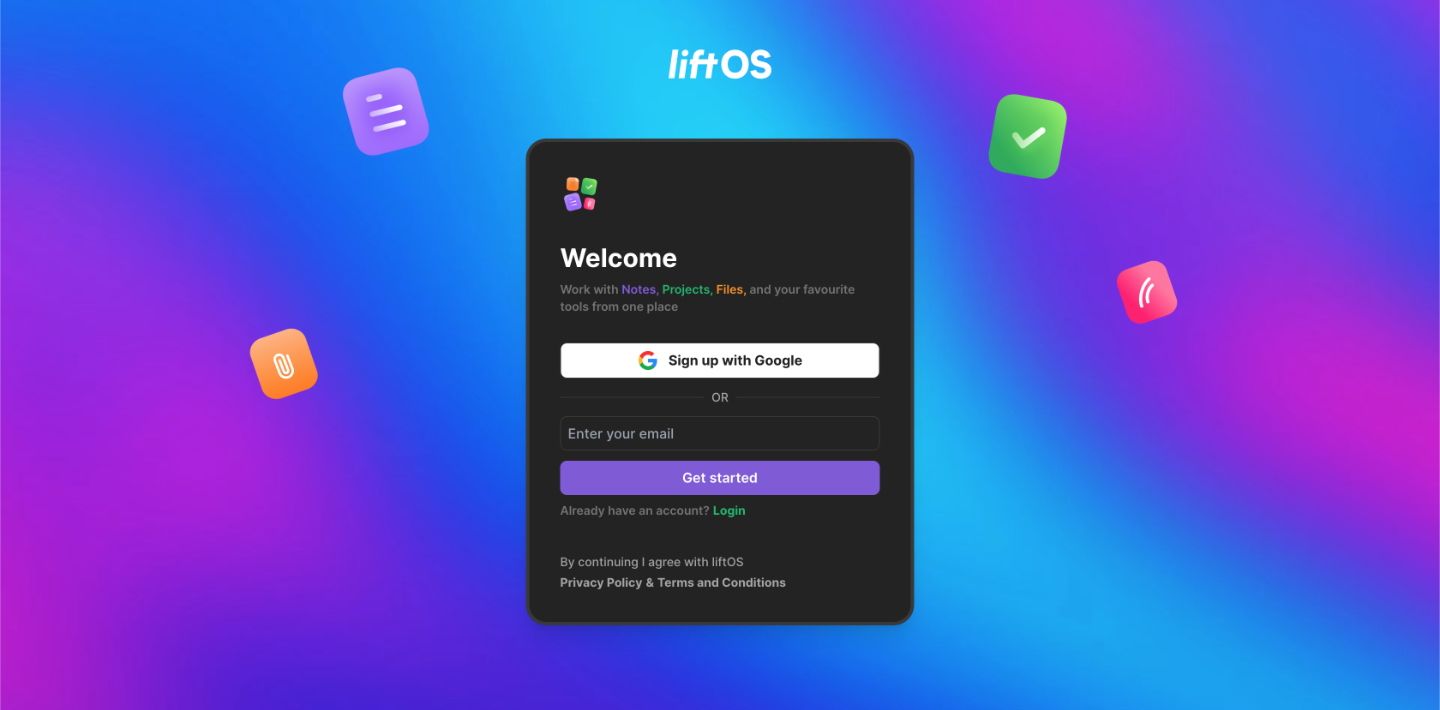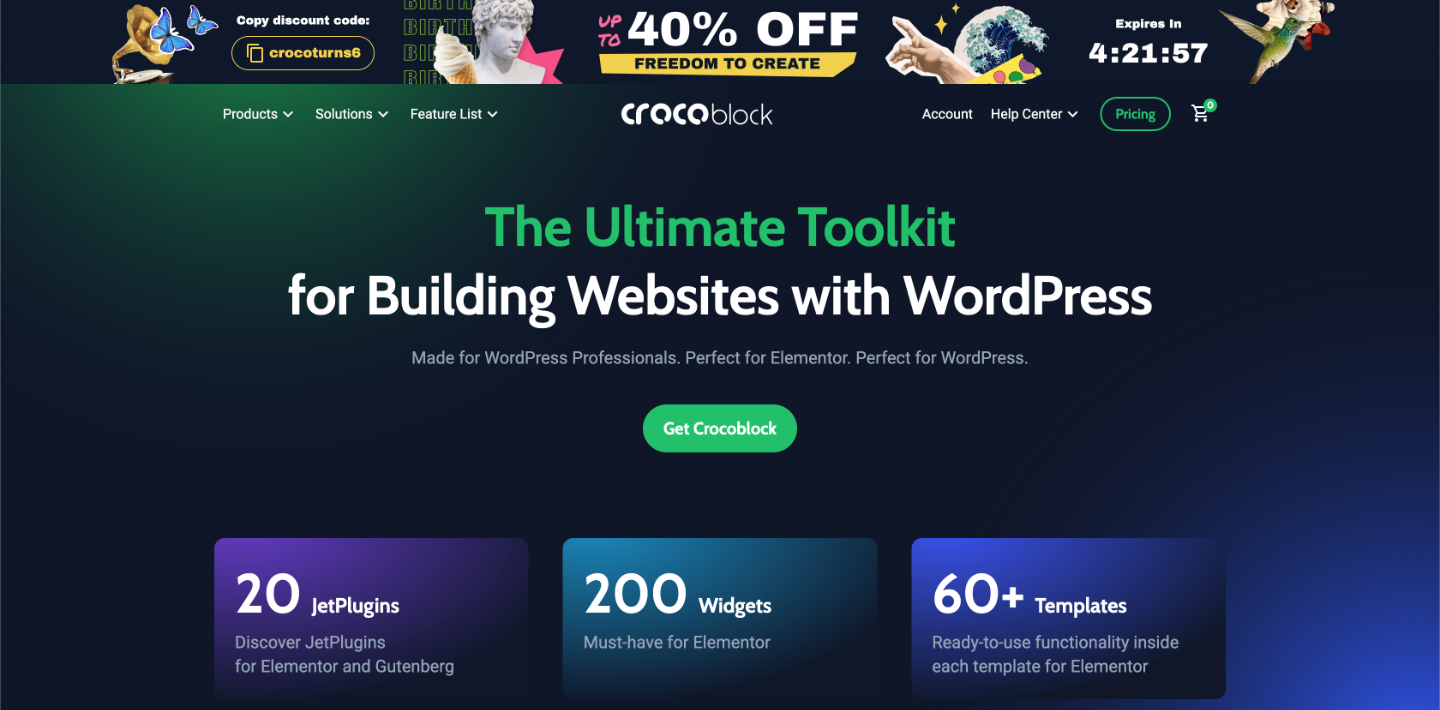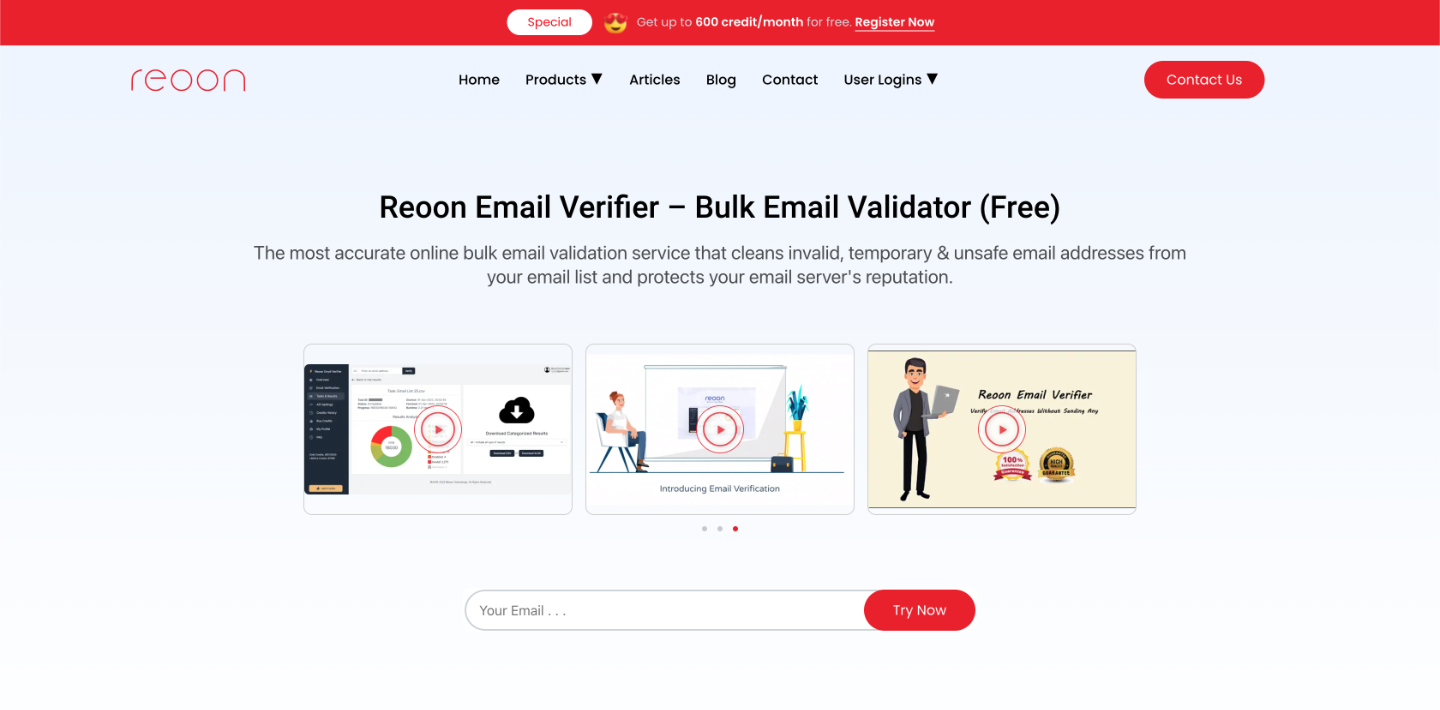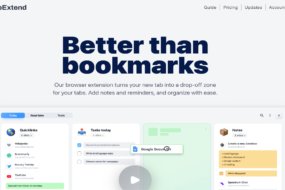Website loading speed is a factor of extreme importance these days. It is acknowledge as being a factor that will have an impact on SERP rankings and we should also understand the fact that internet surfer are getting used to fast loading speed. Most people today will not wait a lot of time until they look for the information that they need somewhere else if the loading speed of a site is not appropriate.
If you never tested your website loading speed till now, make sure that you do so. You can use THIS LINK to do so. As you can see from the image below, Geeky Cube is faster than 92% of all sites that were tested. If your rating is somewhere around 30%, it is a guarantee that you have to do something to speed up your loading speed.
Tips To Help You Increase Website Loading Speed
1. Optimize Your Images
While other aspects can bring in bigger problems, we have to mention the optimization of images first since it is the most common neglected aspect today. Since we can use HTML tags in order to make images appear of the size that we want them to, we tend to forget about the fact that one image can be as large as an entire index page for a site.
Consider progressive images in .jpeg format. They will appear instantly and will be a little pixilated. However, the visitor will get to see the content faster. Also, save the images at the appropriate pixel sizes. Remember to analyze the favicon (Favorite Icon) and make sure that it is optimized. It should always stay under 1 KB.
2. Reduce JavaScript Use
JavaScript can offer great effects but it will also increase the load time of your pages considerably. In the event that you need to use scripts, you need to basically try to defer different .js files but you have to do that with caution as many are usually necessary for overall website performance. It is better to work with your developers when you do this.
As a general rule of thumb, try to minimize the use of scripts in general and not just Java. The fewer the scripts that have to be loaded, the faster the website loading speed!
3. Regular Maintenance Is A Necessity
This is especially true when your site uses something like WordPress. Many automated scripts utilize plugins and when they are not used anymore, the admins just leave them there. This is a mistake and can lead towards lowering website loading speed.
Make sure that you stay focused on maintenance at all times. Remove all the scripts that are not used and test those that are used. If you see that one script is simply taking too long to load, consider something else.
4. Use Compression Whenever Possible
This is not possible with all sites but it is almost always a possibility when you have some sort of script running. A development team should be consulted in order to choose an appropriate compression method. Script duplicates have to be removed and errors that appear should be validated. Use the W3 Validator for this purpose.
5. Check Your Hosting Package
If you did all that was mentioned above, your site is clean and you still have really low webpage loading speed, the problem is most likely associated with the hosting package that you have. Keep in mind that bandwidth allocation can be a problem and if you used shared hosting, you are sharing internet speed with various other sites, sometimes even hundreds. In this case you have to consider VPS or a dedicated server like the ones offered by Single Hop or similar quality hosting providers. It will cost more money but you are sure that the hosting is the fastest that you can have.



